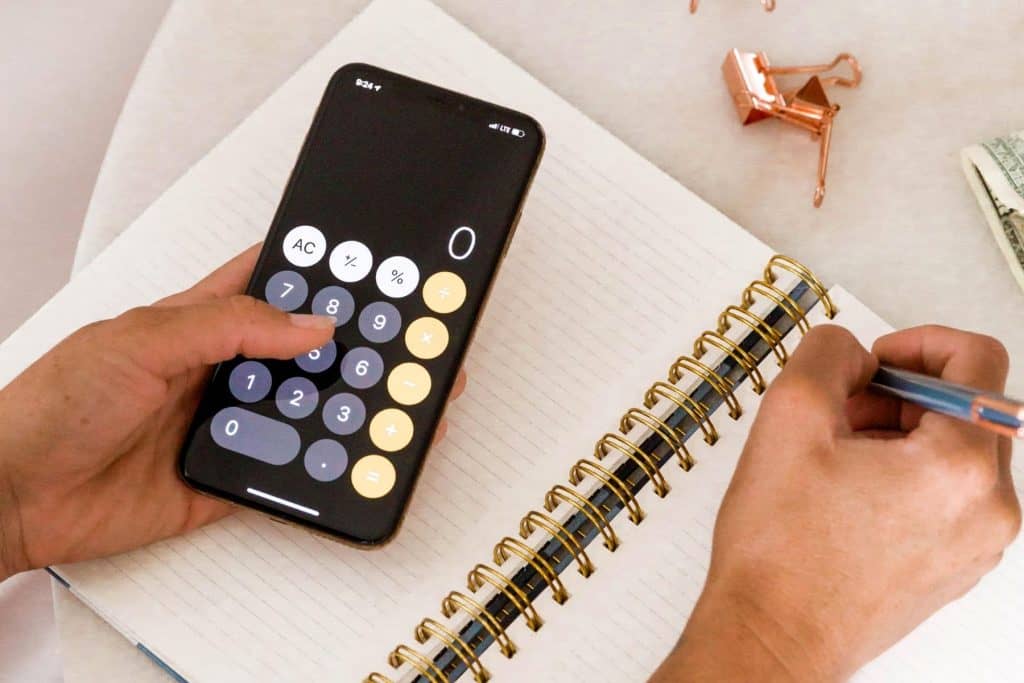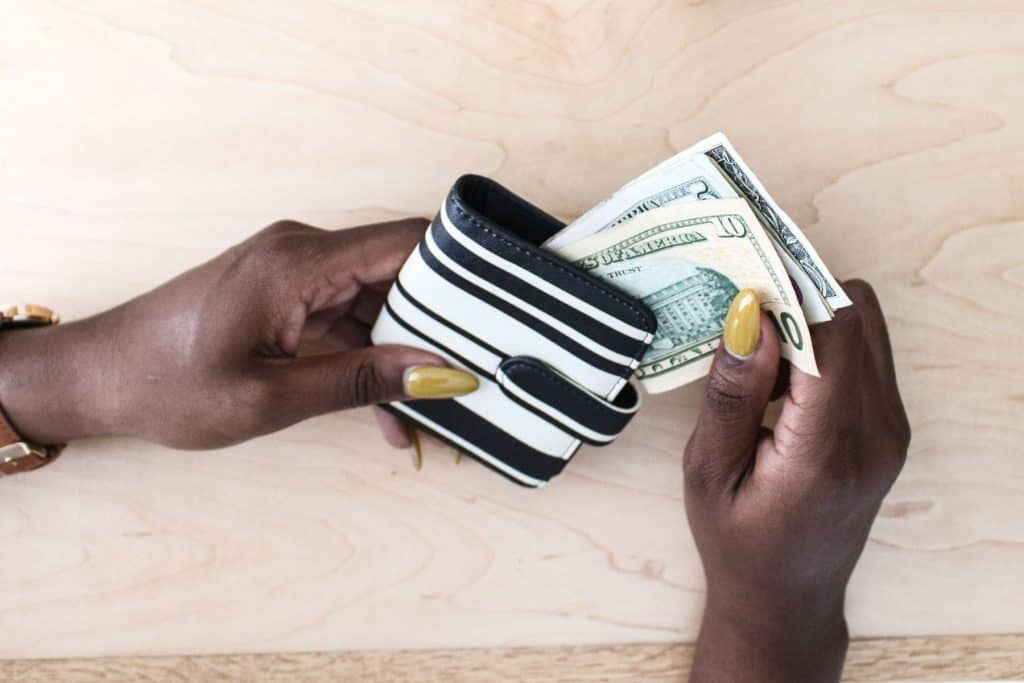Teaching Kids About Money – 6 Techniques To Use With Small Kids

6 Techniques To Help Small Kids Learn About Financial Literacy
If you are a mom like me, then you know that children come out of the womb much like a blank slate when it comes to money.
They have no concept of the importance of money unless they teach it to them.
They have no concept of rich and poor or scarcity and abundance until they learn these things through life experience.
That being said, children can benefit from learning about finance from an early age.
A study from the University of Cambridge, “Habit Formation and Learning in Young Children,” found that money habits are formed by age 7.
Scary fact right?
Whether you are conscious of your influence or not, children already have some notion about money habits FROM THE AGE OF SEVEN!
Researchers therefore state that it’s important to start basic finance education by age 3.
Because children pick up money habits quite quickly, giving them the right direction is crucial.
TEACHING KIDS ABOUT MONEY TIP #1
1 – Start with basic currency literacy
A study from Yale University found that children can recognize and remember coins by the age of 3.
- You can begin by educating your children about the different coins and dollar bills.
- Consider also teaching them about foreign currencies during vacations. This will help expand their minds and learn more about the countries you’re visiting.
TEACHING KIDS ABOUT MONEY TIP #2
2 – Create money jars
Money jars are such a fun and easy way to educate your child.
- You can create three types of money jars. A jar for spending, a jar for saving and a jar for giving.
- These three jars cover the basic lessons of understanding how to use money.
- Teach your children how to use the three jars and why it’s important to cover these three categories of spending, saving and giving.
- Use the jars to separate money after birthday gifts or allowance payments. This is how children will learn how to save for the future.
- Use the giving jar to donate money to your favorite charities. Children will learn about the importance of giving and understand how they can help others with their money. They can also donate the money to local animal shelters or food pantries.
TEACHING KIDS ABOUT MONEY TIP #3
3 – Use coupons
Coupons can provide an important lesson on saving. I personally love coupons.
- You can cut out coupons with help from your children and leave them in charge of handling the papers at the store.
- According to the Children’s Financial Network, kids as young as 5 can benefit from learning how to use coupons in a store.
- They will see how to save money simply and make wiser shopping decisions.
TEACHING KIDS ABOUT MONEY TIP #4
4 – Set a money goal
The things they love will often cost money! Children can set a money goal to purchase a favorite toy or other item.
Money goals are an easy way to teach children financial patience.
- They also provide a lesson on how to save money.
- It’s important to set realistic goals, so children will be motivated to stay on a savings plan.
- If the toy they want is expensive, it can take a while to reach their goals.
- Will they stay interested? Picking smaller and less expensive targets is better.
TEACHING KIDS ABOUT MONEY TIP #5
5 – Go shopping
Let your children use their spend jars at the store to make purchases.
- Shopping provides an easy lesson setting. How will your children spend their money? Will they use their entire jars at one store or spread them out over many shopping trips?
- An outing to the local toy store also gives you the chance to discuss comparison shopping. Point out different prices on similar items and teach your children about finding inexpensive options.
- Evaluating the results of the shopping trip will help them understand their choices. How will they restock their spend jars? How will they make their money last?
TEACHING KIDS ABOUT MONEY TIP #6
6 – Use yard sales
Yard sales offer another way to educate children about finances and to help them earn a little extra money.
- Yard sales can help you clean out your children’s rooms and teach them about money at the same time.
- Ask your children if they want to participate in the yard sale by selling their old toys or clothes. Help them select items they no longer use and find appropriate prices for them. They can use the experience to refill their money jars.
- Older children can help sell items at the sale. They can keep track of change and watch customers. This is also a valuable opportunity to learn about price negotiations with customers.
In a nutshell, please don’t think that kids are too young to start learning about money from an early age!
Finance education can begin before your children are in school.
It’s important for them to understand basic money rules and form the right habits.
They do this by watching and learning from their greatest life teacher which is you!
As Dave Ramsay so wisely says, you must gain control over you money or the lack of it will forever control you.
One of the greatest gifts you can give your kids is to prepare them to be responsible, empowered adults around money.
One final word about kids and money: Do not teach your child to just save money.
Educate him or her on how to earn it.
So when the child starts spending they will know the value of money and the true happiness in the process.
If you enjoyed this post, please feel free to share it!








